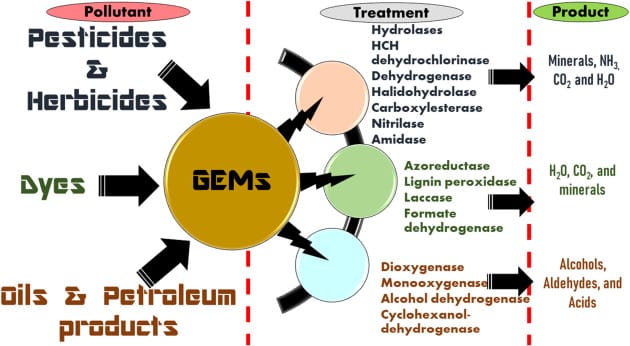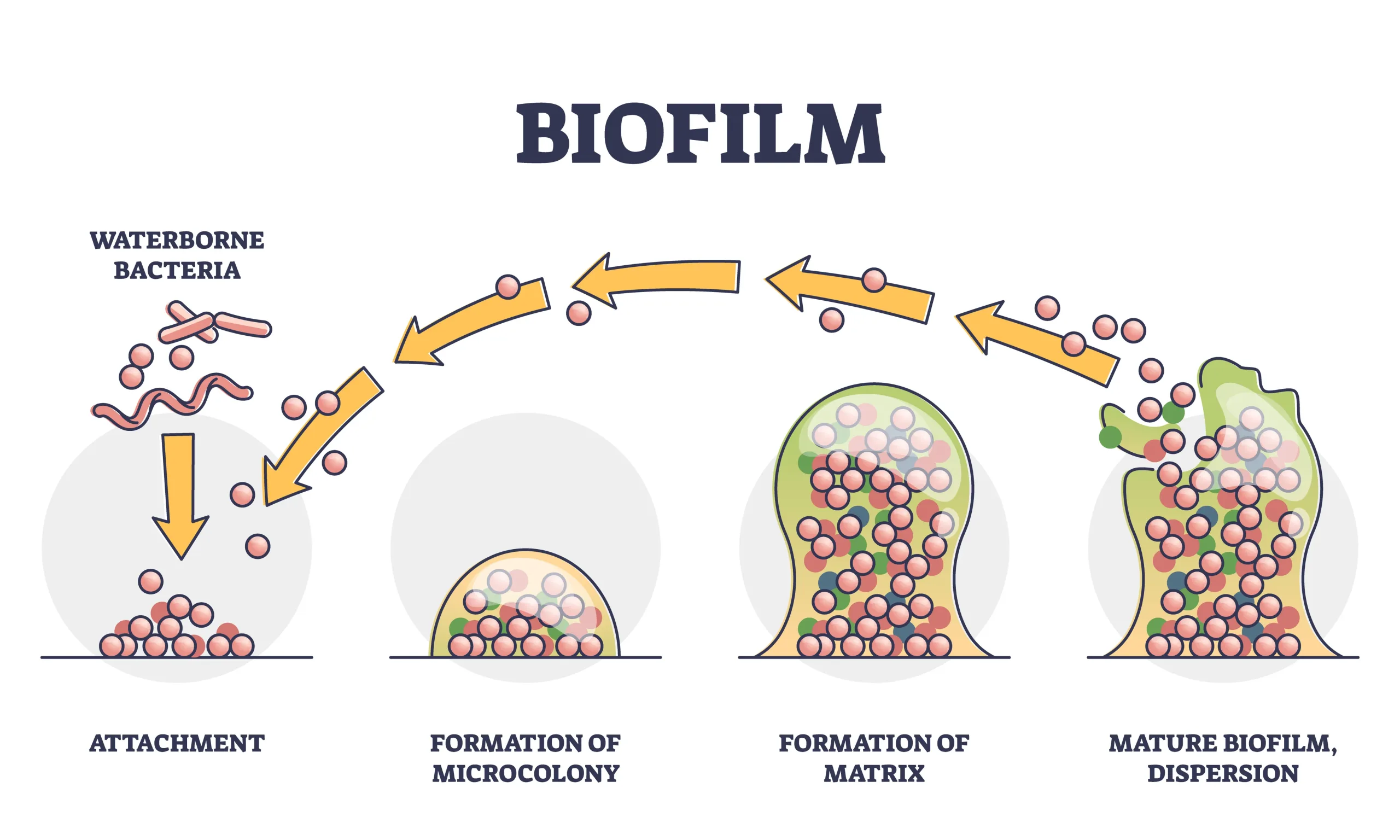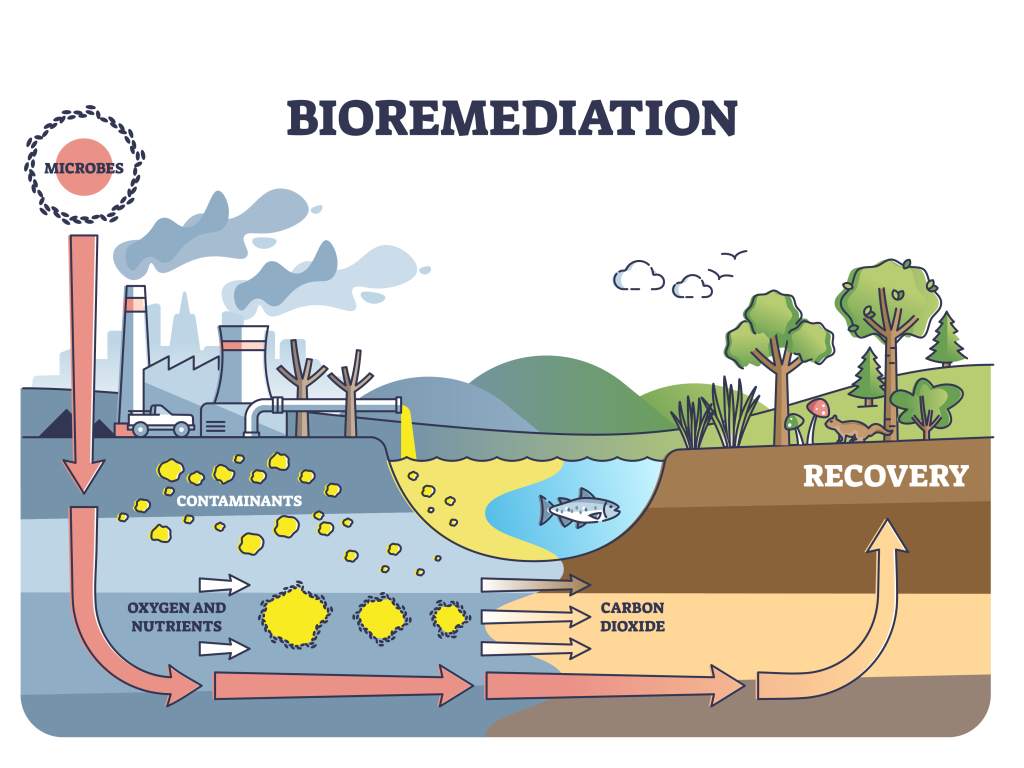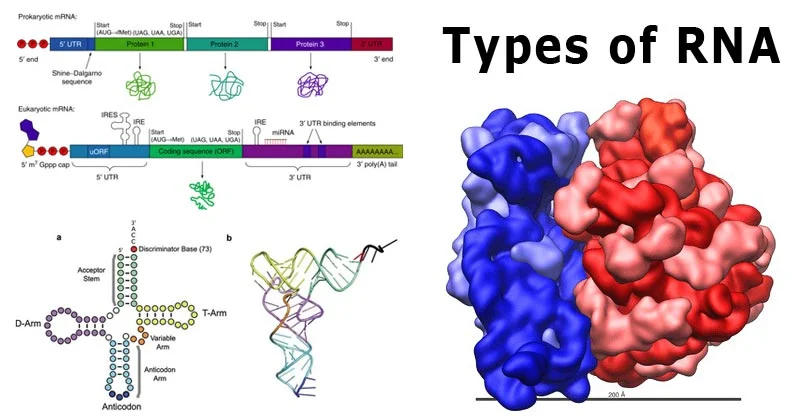Blog
The Mechanism of Microbial Stimulation of Oil Recovery
Microbial Enhanced Oil Recovery (MEOR) is a biotechnology-driven process that uses microorganisms and their metabolic products to increase oil recovery from reservoirs. This technique is beneficial in recovering residual oil left after primary ... Read more
Biosorption of Heavy Metals: Definition, Features, Mechanisms, Types, Factors Influencing, Advantages, Limitations, Applications, Future Prospects, Notes
Definition:Biosorption is a cost-effective and environmentally friendly process where biological materials, either living or non-living, adsorb and sequester heavy metals from aqueous solutions. It operates through various physicochemical mechanisms, independent of metabolic activity. ... Read more
GMOs in Bioremediation: Applications, Advantages, Challenges, Concerns, Future Prospects, notes
GMOs in Bioremediation Bioremediation is the use of living organisms, like bacteria, fungi, or plants, to remove or neutralize pollutants from a contaminated site. Genetically modified organisms (GMOs) have enhanced the efficiency and ... Read more
Genetically Modified Organisms (GMOs), Applications, Advantages, Regulation, Notes
Genetically Modified Organisms (GMOs) are organisms (plants, animals, or microorganisms) whose genetic material has been altered using genetic engineering techniques. These modifications aim to introduce desirable traits such as disease resistance, improved nutritional ... Read more
Enzymatic Microbial Metabolism in Biodegradation, Notes
Microbial Enzymes Utilization in Biodegradation Enzymatic microbial metabolism plays a crucial role in the biodegradation of various organic and inorganic pollutants. Microorganisms produce enzymes that catalyze the breakdown of complex compounds into simpler, ... Read more
Biofilm: Characteristics, Formation, Ecological Implications, Formation, Development, Notes
Biofilms are structured microbial communities attached to a surface and embedded in a self-produced extracellular polymeric substance (EPS) matrix. This matrix is composed of polysaccharides, proteins, lipids, and extracellular DNA, which help biofilms ... Read more
Notifications DBT JRF Eligibility 2025: Age Limit & Educational Qualification, SOON
DBT JRF Eligibility 2025 If you’re planning to appear for the Department of Biotechnology Junior Research Fellowship (DBT JRF) exam in 2025, it’s vital to understand and meet the eligibility criteria. The DBT ... Read more
In Situ & Ex Situ Bioremediation: Principles, Types, Applications, Advantages, Limitations, Notes
In Situ Bioremediation Definition:In situ bioremediation is a process that involves the treatment of contaminated soil or groundwater directly at the site of contamination without the need to excavate the affected material. This ... Read more
Biofilters and Bioscrubbers: Definition, Applications, Principle, Advantages, Limitations, Notes
Biofilters and bioscrubbers are biological treatment systems used to remove pollutants, primarily from gaseous emissions. These technologies leverage microorganisms to degrade harmful substances, making them environmentally friendly and efficient for managing industrial waste ... Read more
Xenobiotics and Their Routes of Entry, Inhalation, Ingestion, Dermal Absorption, Injection, Transplacental Transfer, Notes
Xenobiotics, derived from the Greek words “xeno” (foreign) and “bios” (life), are chemical substances that are not naturally produced or expected within a biological system. They encompass a wide variety of compounds, including ... Read more














